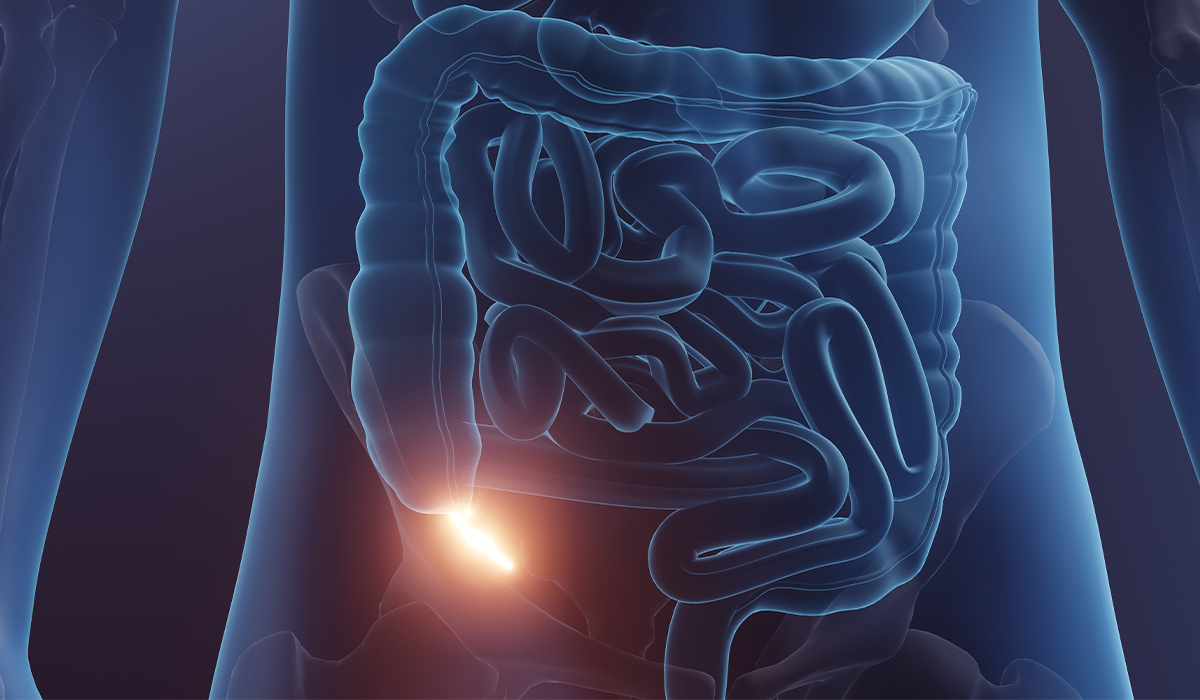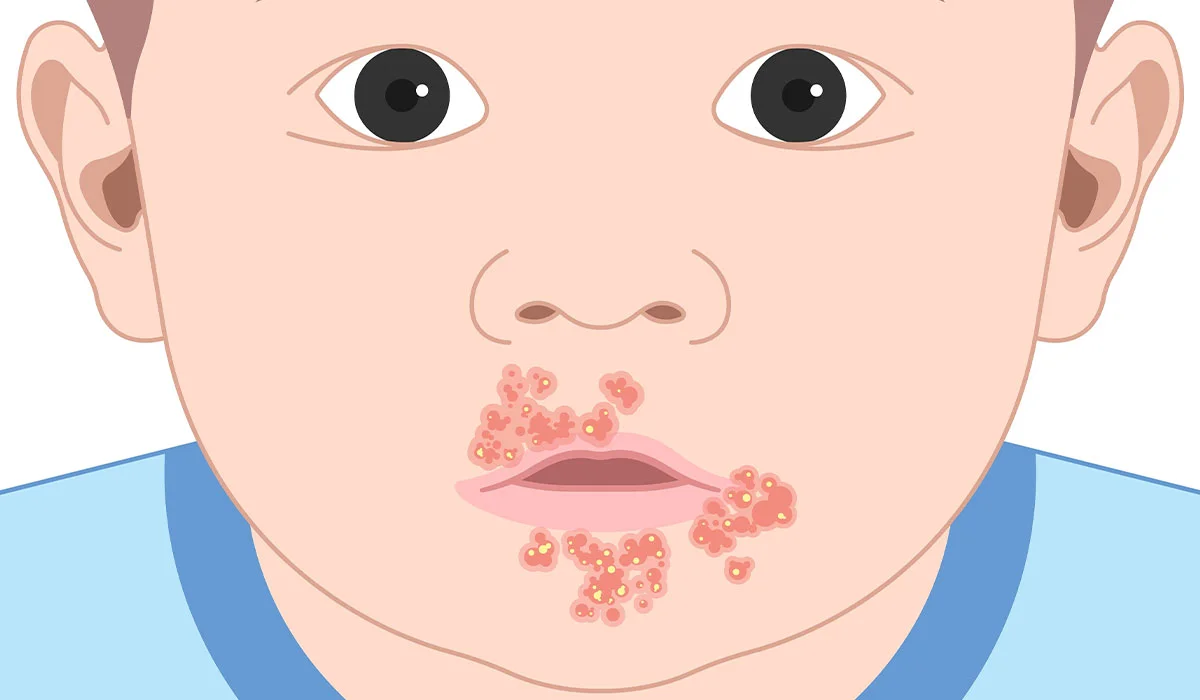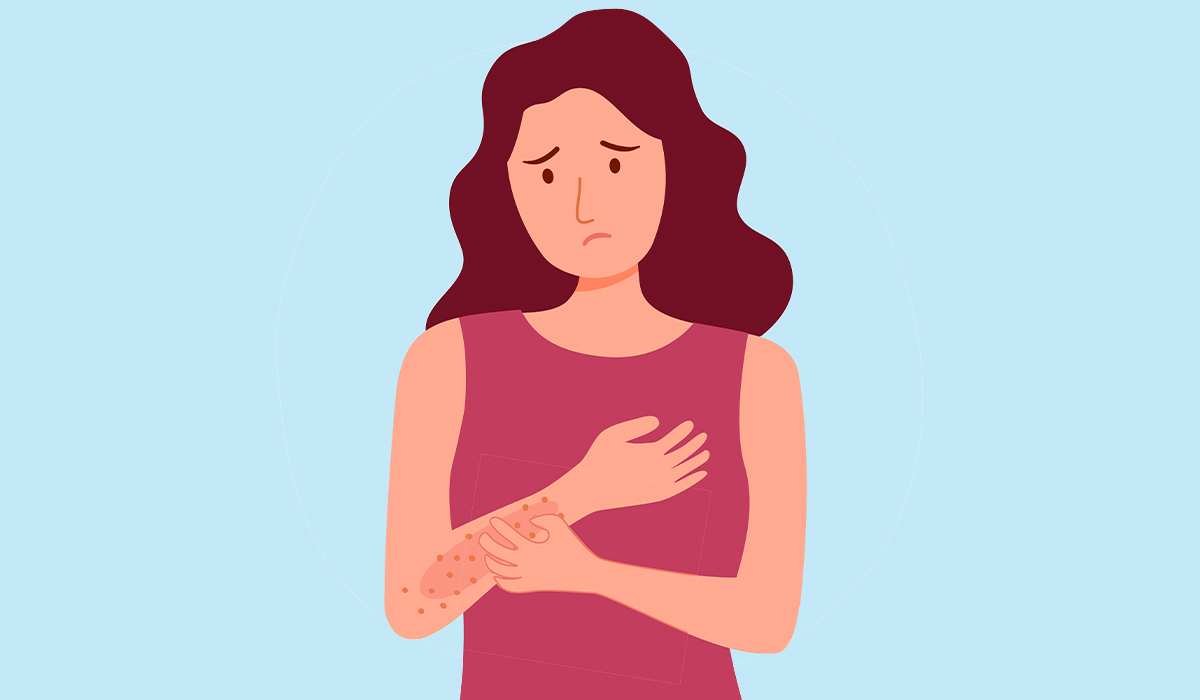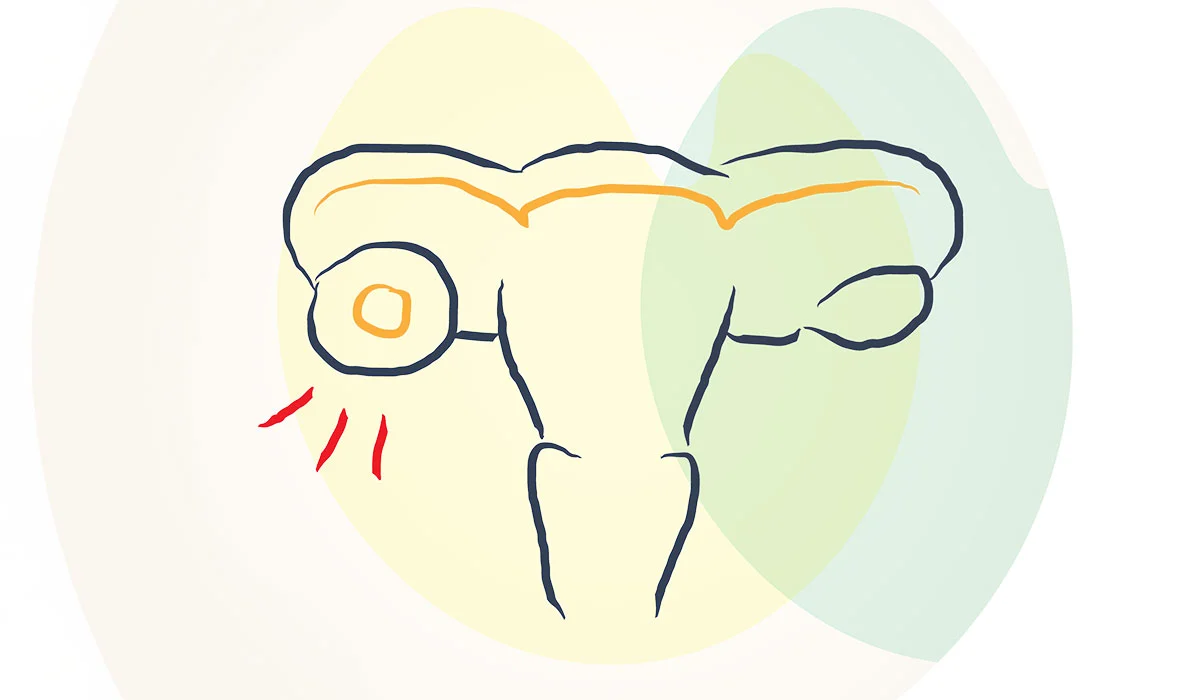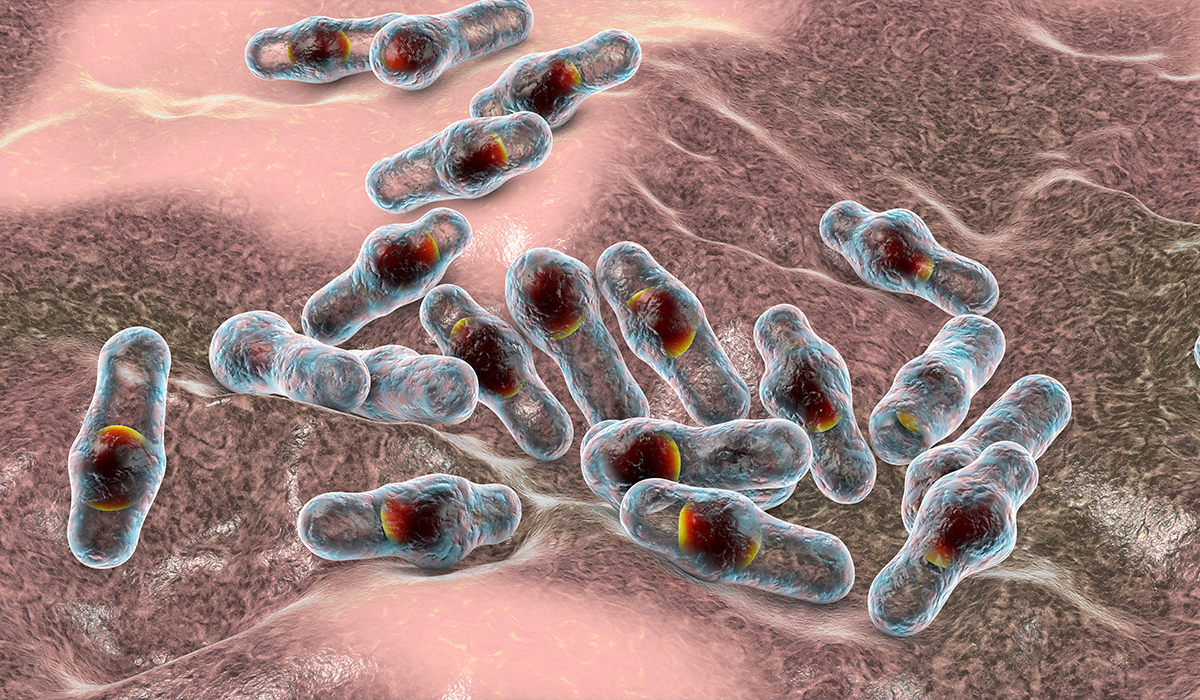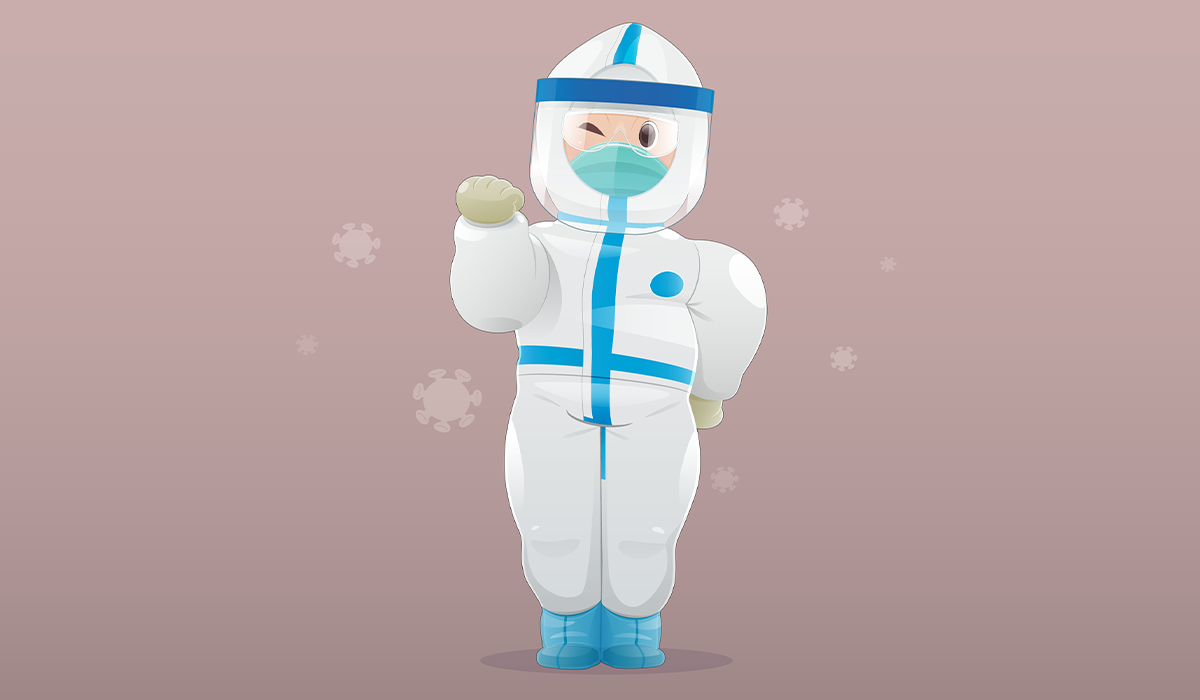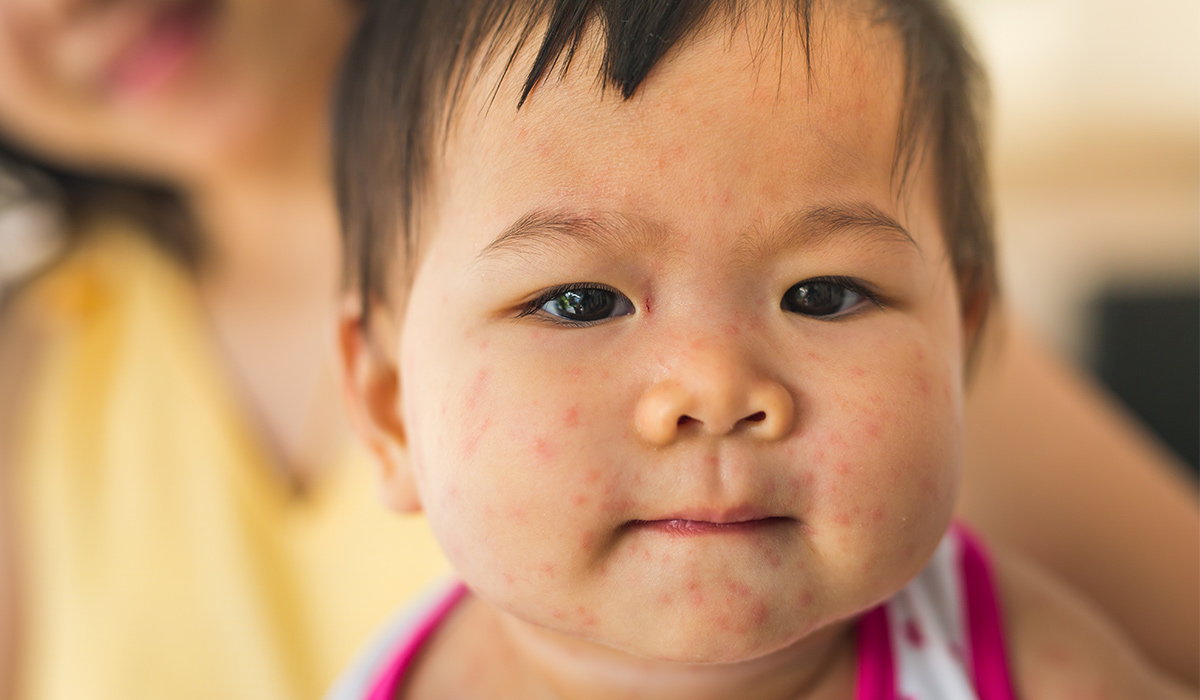You may need to schedule a visit with your healthcare provider if your symptoms are severe. Even though it is rare to have serious health problems due to giardiasis, doctors know how to deal with such cases effectively.
Is Giardia Contagious?
Giardia lamblia is highly contagious, and the infection can spread quickly through contaminated food, water, or surfaces. Outbreaks can occur, especially in communities with poor hygiene or inadequate sanitation.
If someone is diagnosed with giardiasis, it is important to follow proper hygiene practices to prevent the spread of the infection to other people.
How Common is Giardia?
Giardia parasites are found worldwide, making giardiasis infection a common medical condition. Anyone can develop the infection, but people living in underdeveloped countries and those with poor sanitation practices are more at risk.

How Dangerous is Giardia?
Giardia infection is generally not considered life-threatening, but it can cause significant discomfort and can be a severe health concern, especially in some populations, such as underdeveloped countries.
Causes
Places giardia lamblia is found include animal and human feces, contaminated food, soil, and water. It can survive without a host for a long time, so it has a lot of opportunities to infect humans and animals. It usually spreads through contaminated food, water, person-to-person, and indirect contact.
Contaminated Food
Food can get contaminated with giardia lamblia by food handlers who don’t wash their hands or follow necessary sanitation guidelines. If a product is washed with contaminated water, it can also contain the parasite.
Because heat kills parasites, food is less likely to cause giardiasis than water. However, this still is an issue for underdeveloped countries, where cooking food is less common than in more industrialized parts of the world.
Contaminated Water
Contaminated water is the most common cause of giardiasis. Giardia parasites can be found in lakes, ponds, rivers, streams, swimming pools, public water supplies, water parks, spas, cisterns, and wells. Moreover, ground and surface water can contain the parasite due to wastewater discharge, animal droppings, and agricultural runoffs. Water in spas and swimming pools, on the other hand, can get contaminated because of stool from children’s diapers or people with diarrhea.
Direct and Indirect Contact
Giardia parasite can be transmitted through direct person-to-person contact while changing a child’s diaper, through unprotected anal sex, or while working at the child care center. Infection may also occur through indirect contact after touching surfaces contaminated with the parasite.
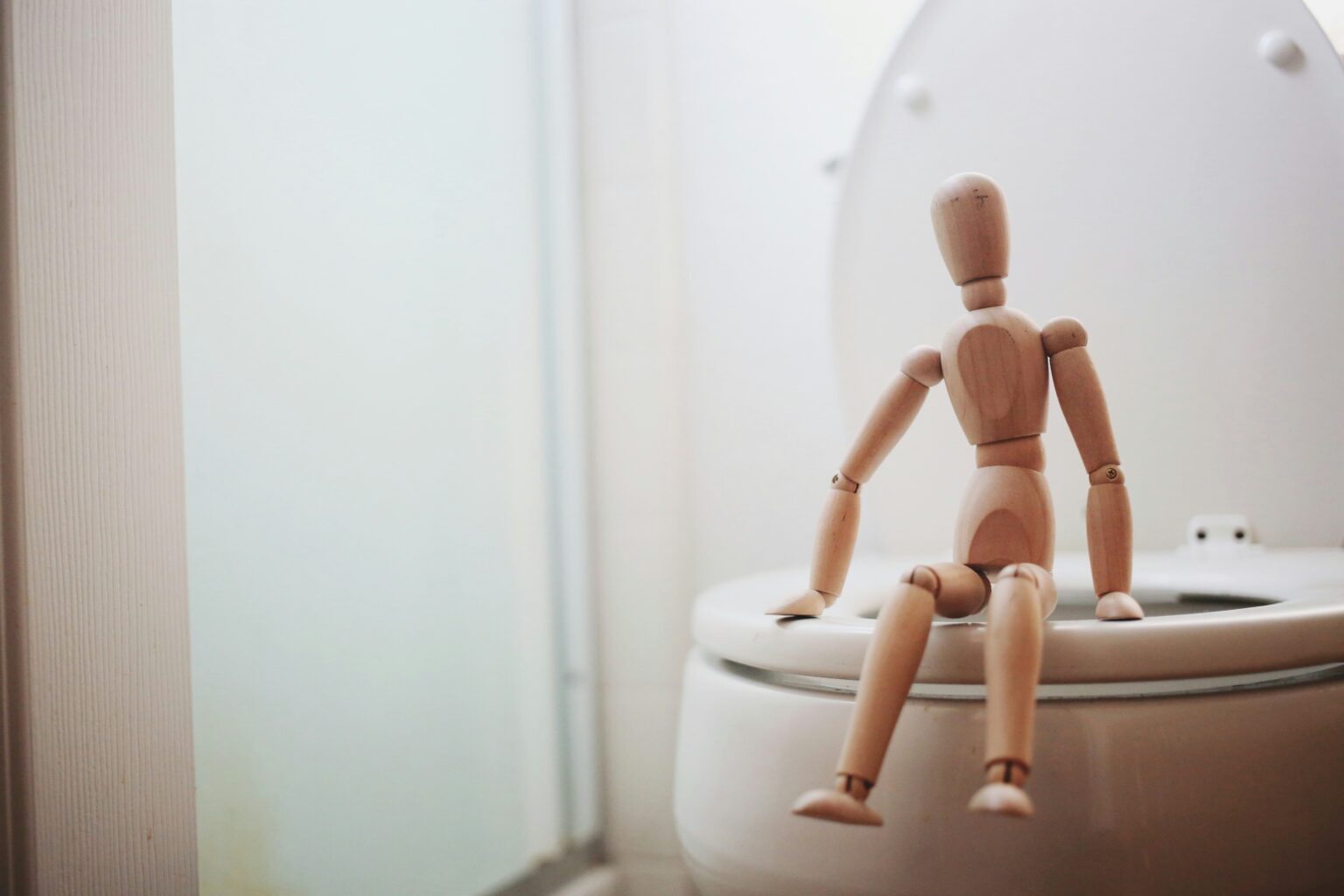
Risk Factors
Although anyone can get infected with giardia, some people are more at risk of developing giardiasis. These include children, people with no access to a safe water supply, and those who do anal sex.
Children
Giardiasis occurs more often in children than in adolescents and adults. This is because they are more likely to encounter an infected stool. The infection may occur because of diapers, at a child center, or during toilet training.
Unsafe Water Supply
Giardia infection is more likely to occur in areas with poor sanitation and communities that lack a safe water supply. People whose hygiene practices are poor also put themselves at risk of giardia.
Anal Sex
If performed without a condom or other form of protection, anal sex or oral-anal sex may result in giardia infection. Moreover, other sexually transmitted diseases may also occur due to unprotected anal sex.
Other Factors
Other factors that increase the risk of giardia infection include:
- Living with children or working in environments that have a lot of children
- Travelling to underdeveloped countries and risk areas
- Drinking unsafe water
- Living with someone who has giardiasis
- Using ice made from contaminated water
Signs and Symptoms
Symptoms of giardia infection commonly start one to three weeks after exposure to the parasite. However, some people with the infection don’t develop any health issues. Instead, they may carry giardia lambia and spread it to others.
People who develop symptoms usually have them for two to six weeks. They may include the following:
- Tiredness
- Nausea
- Stomach cramps
- Vomiting
- Excessive gas
- Loss of appetite
- Foul-smelling diarrhea
- Bloating
- Dehydration
- Loss of weight
- Greasy stool
We mentioned that a giardia infection may last up to six weeks, but in rare cases, it may take longer to resolve. This happens when complications are about to develop. The risk of complications increases after one week of persistent symptoms.
Complications
Some people are not safe from their effects when the infections end. They may happen to anyone but is more likely to occur in infants and children. People who live in underdeveloped countries are also more at risk. Possible complications include:
- Lactose intolerance: Lactose is found in dairy products such as milk, cheese, ice cream, butter, and yogurt. A giardia infection can trigger a lactose intolerance. If that happens, your body will have difficulty processing this sugar if you have giardiasis. The intolerance may not go away until you treat the infection.
- Dehydration: Dehydration is a body state in which the body loses more fluids than it receives. A lack of water in the human organism may be caused by severe diarrhea.
- Failure to thrive: If a person has a severe case of diarrhea for days, they may get malnourished. It is especially dangerous for children because it may affect their mental capabilities and physical growth.
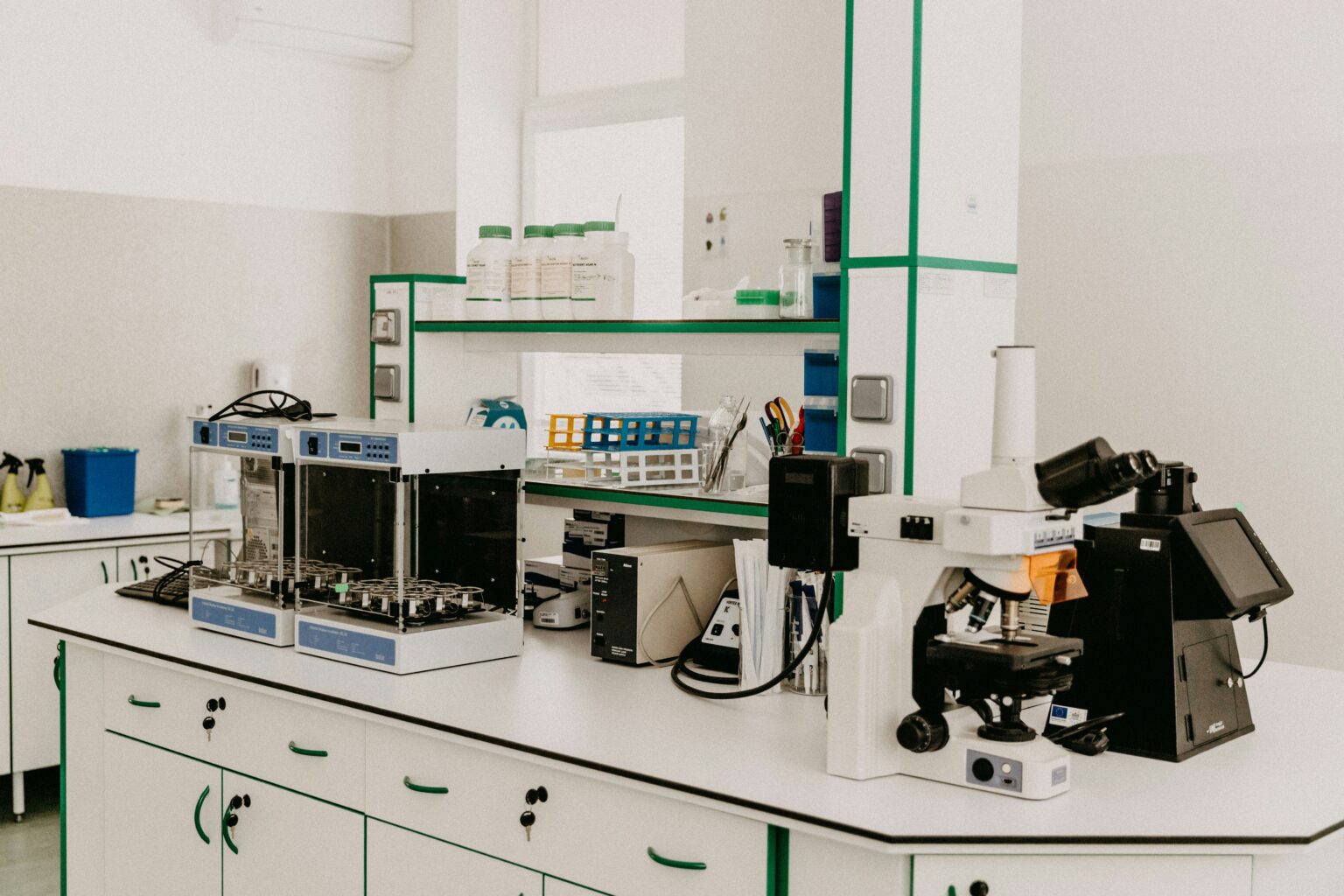
Treatment
Many people infected with giardia lamblia don’t experience symptoms or develop minor issues that resolve independently. Treatment may be necessary if an infection persists for a long time and when symptoms are severe.
Antibiotics with antiparasitic effects are the most effective way to eliminate giardia lamblia. Just one course is usually enough to say goodbye to an infection.
How to Prevent Giardia?
Sometimes, preventing giardia infection is impossible, especially if you live or stay in an area with poor sanitation practices. However, health professionals noticed that some practices lower the risk of infection. Consider the following tips:
- Wash your hands often with soap and water, especially after using the toilet, changing diapers, and before preparing food.
- Giardia cysts can survive in water, including swimming pools, hot tubs, and lakes. Because of that, it is vital to avoid swallowing water while swimming or enjoying other activities in the water.
- Sharing items in a household affected by giardia lamblia is a bad idea. It is perilous to share towels and bedding, as they contribute to the spread of this parasite. It is essential to be careful with all hygiene items if someone close to you is infected.
- Fruits and meat can also transmit the parasite. This applies to unwashed fruits and uncooked meat. Because of that, you should be more careful when eating and drinking outdoors and in areas characterized by poor sanitation.
- Sexual activity, especially anal contact, can be risky too. But if you practice safe sex, including condom use, you should not get infected with giardia lamblia this way.
- While staying in giardiasis-prone areas, paying attention to what you eat and drink is crucial. Stick to bottled or boiled water during your visit, and avoid eating meals at unreliable establishments.
Giardia – Time to Sum Everything Up
One can become infected with giardia by consuming contaminated food or water or by coming into contact with surfaces that harbor this parasite. Each year, diagnoses of giardiasis affect many people; however, most experience mild cases, and only a few present concerns.
Without a doctor’s intervention, most people experience an improvement; they often remain oblivious to their possession of giardia – merely acting as carriers without discernible sickness. The incidence of individuals suffering from severe symptoms represents an exceptionally rare situation.
Symptoms of a Giardia infection usually manifest within 1 to 3 weeks following initial exposure to the parasite, persisting for 2-6 weeks. These include nausea, vomiting, and diarrhea – often accompanied by fatigue or tiredness.
To diagnose a giardia infection, one must undergo a stool-sample test. Doctors order this test with the intent of ascertaining whether or not the patient’s stool harbors the parasite. In pursuit of additional details about your case, your healthcare provider may request more samples over several consecutive days. Attending a follow-up visit post-recovery proves beneficial: it confirms the absence of parasites in your body.
Sources
- CDC. (2021). Parasites – Giardia.
https://www.cdc.gov/parasites/giardia/general-info.html#:~:text=Giardiasis%20is%20a%20diarrheal%20disease,for%20weeks%20or%20even%20months - NIH. (2022). Giardiasis.
https://www.ncbi.nlm.nih.gov/books/NBK513239/ - European Centre for Disease Prevention and Control. Giardiasis.
https://www.ecdc.europa.eu/en/giardiasis - NIH. (2023). Giardia Lamblia Enteritis.
https://www.ncbi.nlm.nih.gov/books/NBK531495/ - NIH. (2019). Giardia lamblia infection: review of current diagnostic strategies.
https://www.ncbi.nlm.nih.gov/pmc/articles/PMC6441489/

